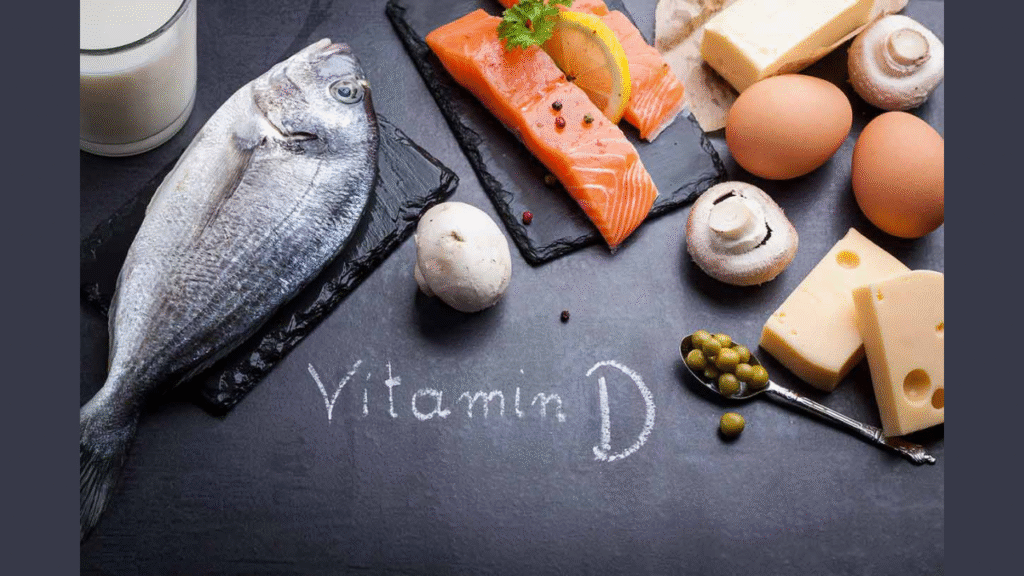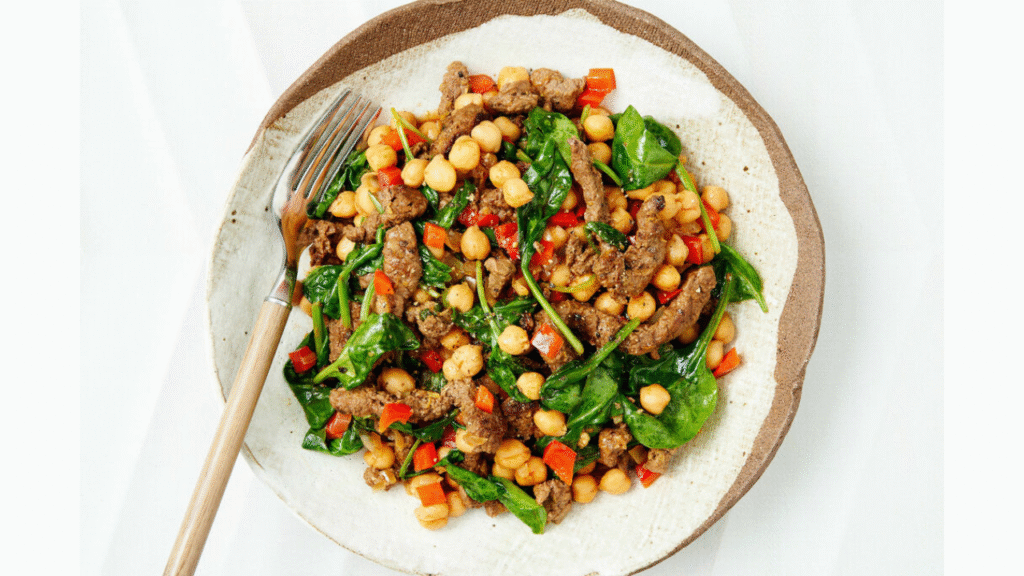Best Vitamins for Metabolism and Fat Burning Energy
Discover the best vitamins for metabolism to boost fat burning and energy. Learn how B complex for energy, vitamin D and metabolism, iron, and magnesium for energy support a faster metabolism and better wellness for US/EU readers.
Explore the best vitamins for metabolism — B complex, Vitamin D, Iron, and Magnesium. Improve energy and fat burning.
Introduction of vitamins for metabolism
If you want to burn fat more easily and feel more energetic, optimizing the vitamins and minerals that support metabolism is a smart, science-backed first step. Vitamins — especially the B-complex group — act as essential cofactors in the chemical pathways that turn food into ATP (cellular energy), while vitamin D, iron, and magnesium each play distinct roles in energy production, oxygen delivery, and cellular metabolism. In this guide, you’ll learn which vitamins most reliably support fat burning and metabolic health, the best food sources for natural intake, when supplements might help, and safe dosage considerations for US/EU readers. (Focus keywords: vitamins for metabolism, fat burning vitamins, B complex for energy.)
2) Top vitamins & minerals that support fat burning and metabolism
A — B-complex vitamins (B1, B2, B3, B5, B6, B7, B9, B12)
-
Why they matter: B vitamins are central to converting macronutrients to ATP and supporting mitochondrial health — key for sustained energy and fat oxidation. PMC+1
-
Food sources (US/EU friendly): whole grains, legumes, eggs, dairy, leafy greens, liver (if your audience accepts organ meat), fortified cereals, and oily fish.
-
Supplement tips: Consider a balanced B-complex if diet is low (vegans/vegetarians may need B12). Avoid mega-doses unless directed by a clinician.
B — Vitamin D
-
Why it helps: Vitamin D receptors exist in many tissues; low vitamin D is linked with lower energy and may co-occur with higher body fat in observational studies. It also interacts with calcium and muscle function, which indirectly affects activity and metabolic rate. The Nutrition Source+1
-
Food & sun: fatty fish (salmon, mackerel), fortified milk/plant milks, egg yolks; safe sun exposure is a natural source.
-
Supplement tips (US/EU): Check blood levels (25-OH vitamin D); many adults in northern latitudes benefit from supplementation during low-sun months. Don’t exceed recommended doses without testing.
C — Iron
-
Why it matters: Iron is required to make hemoglobin (oxygen carrier). Low iron reduces aerobic capacity and can leave people fatigued — that makes fat-loss workouts harder and metabolism feel sluggish. Mayo Clinic
-
Food sources: red meat, poultry, fish, legumes, fortified cereals; pair plant-based iron with vitamin C to boost absorption.
-
Supplement tips: Do not self-treat for iron deficiency — get a blood test. Excess iron has risks.
D — Magnesium
-
Why it matters: Magnesium is a cofactor for >300 enzymes, including those in ATP production and fatty-acid metabolism; it also helps muscles and glucose regulation — all relevant to metabolic health. ods.od.nih.gov+1
-
Food sources: nuts, seeds, whole grains, leafy greens, beans.
-
Supplement tips: Many people can meet their needs from food; magnesium glycinate or citrate are common supplement forms for better absorption.

3) Food-first plan + supplement checklist (US/EU focus)
Daily food rules (aim for these to support metabolism):
-
Include a high-quality protein at each meal (eggs, fish, poultry, legumes).
-
Eat at least 2 servings of leafy greens and 1 serving of nuts/seeds daily (magnesium + B vitamins).
-
Add fatty fish 2× weekly (vitamin D + omega-3s).
-
If vegetarian/vegan: prioritize fortified cereals, nutritional yeast, and B12 supplements.
Supplement checklist (only if diet is inadequate):
-
Balanced B-complex (with active B12 if vegan) — moderate dose.
-
Vitamin D3 supplement in autumn/winter or if blood level <30 ng/mL (test first).
-
Iron only if labs show deficiency — follow physician dosing.
-
Magnesium citrate/glycinate at night if dietary intake is low or muscle cramps/poor sleep are present.
4) Practical 4-step routine to boost metabolism starting today
-
Get a quick lab panel: basic blood count (CBC), ferritin/iron studies, 25-OH vitamin D level, and — if concerned — B12. (This avoids unnecessary/unsafe supplements.) Mayo Clinic+1
-
Food swap: Replace refined breakfast cereal with a high-fiber, whole-grain cereal + milk/yogurt + berries and a handful of nuts.
-
Move daily: Add 20–30 minutes of mixed cardio + strength training 3–5× weekly (muscle mass raises resting metabolic rate).
-
Targeted supplementation: Use results from step 1 to guide B-complex, vitamin D, iron (if deficient), and magnesium. Avoid self-treating with iron or taking very high vitamin D without monitoring.

FAQ of vitamins for metabolism-
Q1: Which vitamins actually help burn fat?
A1: No single vitamin “burns” fat by itself, but B-complex vitamins, vitamin D, iron, and magnesium support the metabolic pathways and systems (energy production, oxygen transport, enzyme function) that make fat oxidation and exercise easier. PMC+1
Q2: Should I take supplements to speed up my metabolism?
A2: Only if labs or dietary intake indicate a deficiency. Start with a food-first strategy and check 25-OH vitamin D, iron/ferritin, and B12 if you suspect deficits. Avoid high-dose iron or D without testing.
Q3: How long until I feel a benefit after fixing a deficiency?
A3: Energy and exercise tolerance often improve within 2–6 weeks after correcting a deficiency (varies per person and the deficiency). For vitamin D or iron repletion, follow-up testing is recommended per clinical guidance. Mayo Clinic+1
Q4: Are there risks to taking these vitamins daily?
A4: Food sources are safe. Supplements are generally safe in recommended doses — but iron and very high vitamin D can cause harm if used inappropriately. Always test and consult a clinician before long-term high-dose use.

Conclusion
Strong metabolism isn’t about magic pills — it’s about giving your body the nutrients it needs to function efficiently. B complex vitamins convert food into usable energy, vitamin D supports metabolic and muscle health, iron boosts oxygen flow, and magnesium keeps every energy-producing enzyme running smoothly.
For most people in the US and Europe, a nutrient-rich diet with whole grains, leafy greens, fish, and fortified foods provides the right foundation. But if you’re often tired or struggling with slow progress, checking your vitamin levels could reveal what’s missing. Start by improving your nutrition, follow a consistent workout routine, and consult a professional before adding supplements.
Balanced vitamins don’t just help you burn fat — they help you feel more energetic, focused, and resilient every day.
If you want to learn more about how to burn fat and metabolism, you can read this blog post.
